EQ Pedals
1-21 of 21 productsFilter
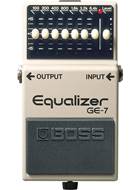
BOSS GE-7 Equalizer

MXR M108S 10 Band EQ Silver
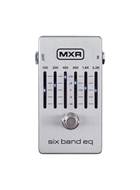
MXR M109S 6B Equalizer Silver
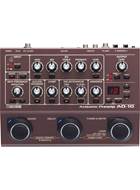
BOSS AD-10 Acoustic Preamp
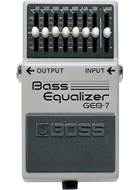
BOSS GEB-7 Bass Equalizer - 7 Band
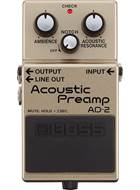
BOSS AD-2 Acoustic Preamp
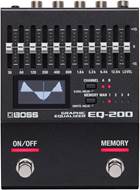
BOSS EQ-200 Graphic Equalizer
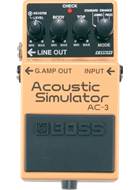
BOSS AC-3 Acoustic Simulator
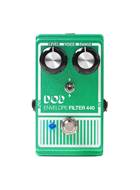
Dod 440 Reissue Envelope Filter Pedal
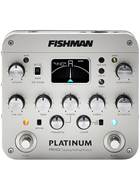
Fishman Platinum Pro EQ/DI Analog Preamp
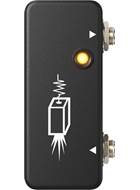
JHS Pedals Little Black Buffer
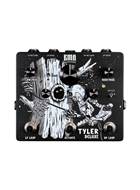
KMA Machines Tyler Deluxe
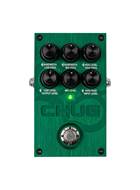
Solar Guitars Chug EQ Boost
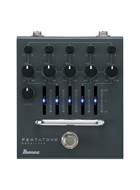
Ibanez Pentatone PTEQ 5-Band Parametric Equalizer Pedal
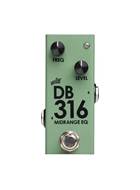
Aguilar DB 316 Mid-EQ Pedal
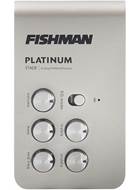
Fishman Platinum Stage EQ/DI Analog Preamp
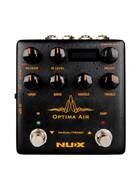
NUX Optima Air Acoustic Simulator & IR Loader Pedal
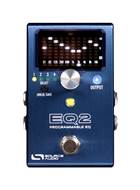
Source Audio EQ2 Programmable EQ
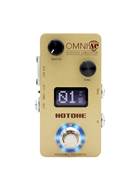
Hotone Omni AC Acoustic Simulator Pedal
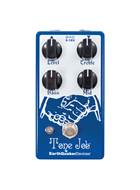
EarthQuaker Devices Tone Job EQ & Booster V2
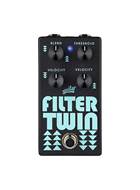
Aguilar Filter Twin II Dual Envelope Filter Pedal
About EQ Pedals
EQ Pedals can be such an important tool to have in a guitarists pedal board. Its function is to change the guitar tone by altering certain frequencies of the sound signal. The best-selling EQ pedals are graphic equalisers’ which are popular because these pedals have individual frequency range settings called bands. This allows guitar players greater control as they can increase or decrease the gain of these bands independently.
EQ pedals work well for guitarists playing or recording in groups as they can help the guitar sound to cut through the mix and be heard clearly alongside other instruments without just turning the volume up. EQ pedals are the unsung heroes of the pedal world. They can act as a subtle utility pedal to shape your tone but they can also be truly transformational. While they can’t turn a strat into a Les Paul or a Vox into a Marshall, they almost can.
Equalizer pedals can also be used to get a specific tone or to replicate a certain sound, such as a cocked wah wah sound which can be made by boosting selected midrange frequencies. This sound has been used famously in song intros. Alternatively, turning these midrange frequencies down and increasing the high and lows create a 'scooped mid' range. Giving the player a recognisable metal tone. This sound has been used by many metal bands, including Metallica, Pantera, Korn and Slipknot. EQ pedals are popular among metal guitarists for creating the distinctive ‘scooped’ sound by removing much of the midrange. They are also great for creating filtered ‘cocked wah’ sounds a la Mark Knopfler’s ‘Money for Nothing’ tone.
EQ pedals encourage you to think about your sound from the perspective of a sound engineer; listening to your guitar in the context of the band rather than in isolation. You’ll often hear the phrase ‘cutting through the mix’ used in relation to how a guitar player is able to be heard while playing with a band.
The temptation is usually just to turn the volume up. The better solution is to use an EQ pedal to turn up the volume of particular frequencies and even turn the volume down of other frequencies. Reducing muddy low end which interferes with the bass player and kick drum and increasing upper midrange will usually do the trick. This can sound quite odd when it’s not in the context of a band but will give you much more bite in the group context.
Why Should I Choose an EQ Pedal?
- A guitar EQ pedal can be truly transformational
- Ability to shape guitar tone
- Think about your sound from the perspective of a sound engineer
- Separate frequencies to be heard in a full band context or recording setting
- Create scooped metal and cocked wah sounds

